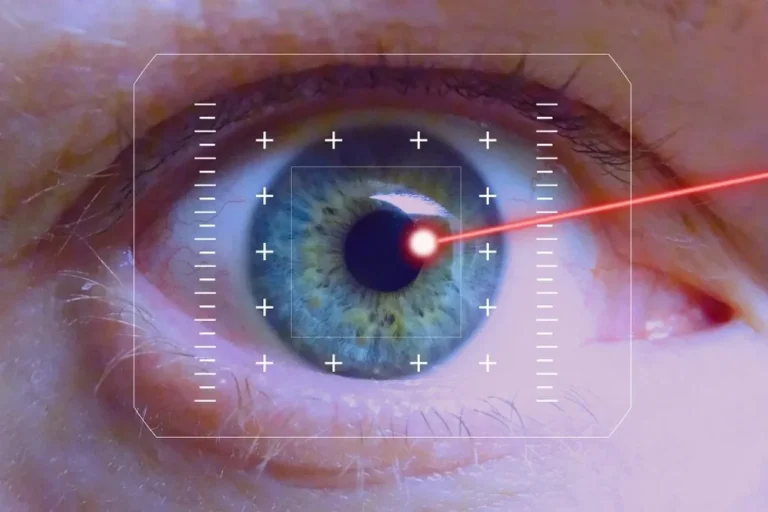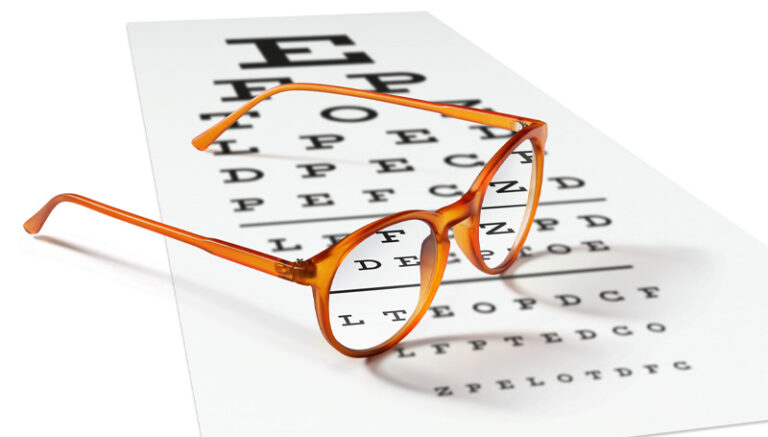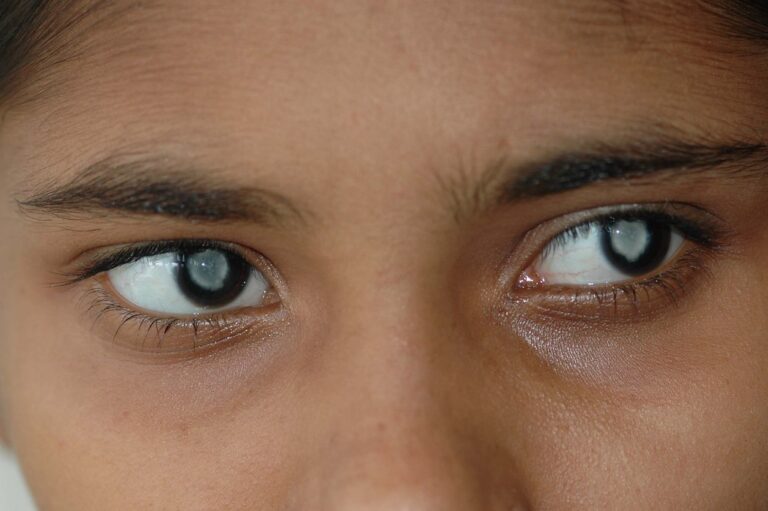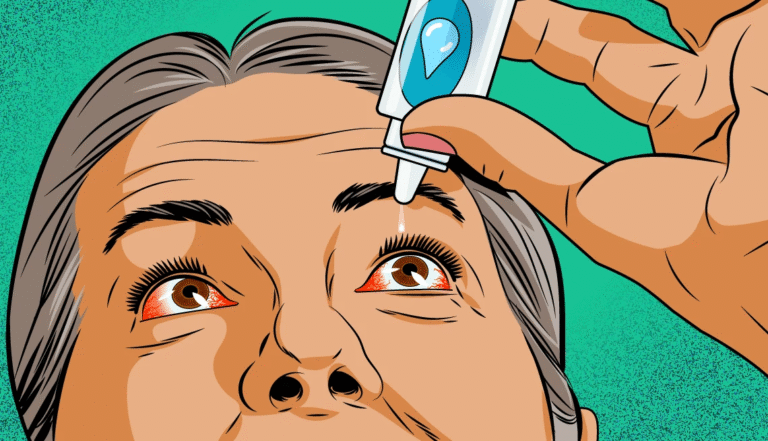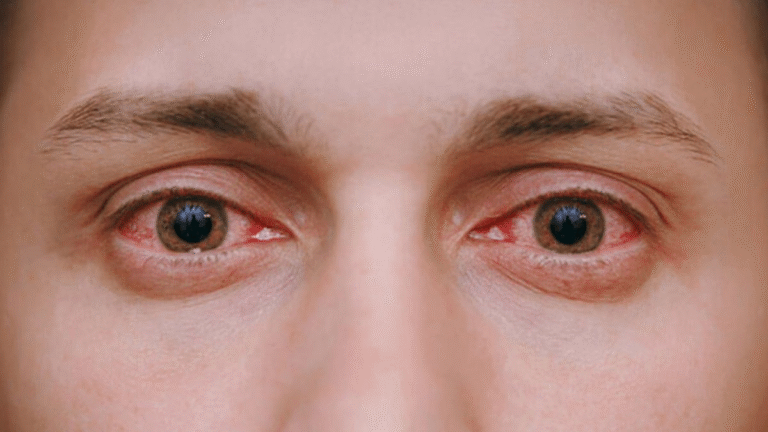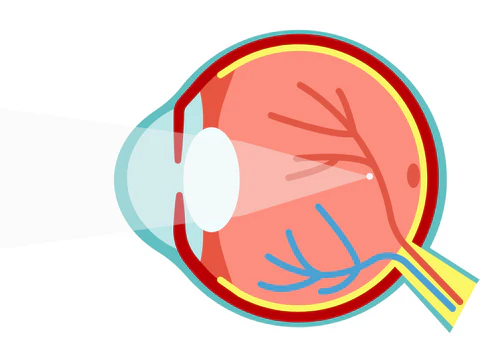The Impact of Age on Vision

Aging is a natural process that brings with it a range of changes, including those to our eyesight. While most changes are a normal part of getting older, some may lead to vision impairment if left unaddressed. Understanding how aging affects vision and taking proactive steps to maintain eye health can make a meaningful difference. If you’re curious about how aging impacts eyesight or looking for practical advice to prevent vision impairment and keep your vision sharp, this guide will help.
How Does Aging Affect Vision?
As we age, our eyes go through several physiological changes. Many of these changes are gradual, making them less noticeable at first. It’s common for the lenses in the eyes to become less flexible over time, which can make focusing on close objects more challenging. This process, known as presbyopia, often begins in the 40s and affects tasks like reading small print.
The muscles that control pupil size and reaction may also weaken with age, making it harder for eyes to adjust to changes in lighting. The amount of tears produced by the eyes may decrease, leading to dryness and irritation. While these changes are common, it’s necessary to stay proactive and monitor your vision regularly for better long-term eye health.
What Are Common Age-Related Issues?
Although some vision changes are part of the normal aging process, others may become more significant and interfere with daily activities. Here are a few of the most common age-related vision challenges:
- Presbyopia: This is the gradual loss of the eye’s ability to focus on nearby objects. It’s why many people start needing reading glasses in midlife.
- Cataracts: Cataracts occur when the lens of the eye becomes cloudy, leading to blurry or dim vision. This issue is common among older adults and can affect activities like driving.
- Glaucoma: Often linked to increased pressure inside the eye, glaucoma can damage the optic nerve and lead to vision impairment. Regular check-ups can help detect it early.
- Age-Related Macular Degeneration (AMD): This condition affects the central part of the retina and can make tasks like reading or recognizing faces more difficult.
- Dry Eye: Reduced tear production can lead to irritation and discomfort, particularly in older individuals.
These conditions underscore the significance of regular visits to an eye specialist in maintaining good eye health.
Can Diet Help Preserve Sight?
While aging is inevitable, adopting healthy habits can help support your vision. Surprisingly, your diet plays a significant role in eye health. Certain nutrients are known to support vision and may even help slow age-related changes. Here are a few to include in your meals:
- Vitamin A: Found in carrots, sweet potatoes, and leafy greens, vitamin A helps maintain healthy corneas and can prevent dryness.
- Omega-3 Fatty Acids: Found in fish like salmon, omega-3 fatty acids may support tear production and help reduce dry eye symptoms.
- Antioxidants: Vitamins C and E, along with zinc and lutein, are antioxidants that help protect the eyes from harmful free radicals. These can be found in foods like citrus fruits, nuts, and spinach.
- Beta-Carotene: A plant-based form of vitamin A, beta-carotene is found in brightly colored vegetables and is beneficial for overall eye health.
Staying hydrated and eating a balanced diet rich in fruits, vegetables, whole grains, and lean proteins can contribute significantly to preserving your vision over time.
Consult a Vision Impairment Specialist
Taking care of your vision is key to maintaining your quality of life as you age. Regular check-ups with an eye specialist can help you stay ahead of potential issues and address any vision impairments before they become serious. If you notice changes in your vision or haven’t had an eye exam recently, consult an optometrist or ophthalmologist. Schedule an appointment with a specialist today.
- What to Expect When Visiting a Foot and Ankle Specialist
- Causes of PTSD
- The Link Between Plantar Fasciitis and Weight Gain: What You Need to Know
- How Pet Ownership Can Positively Impact Life with Fibromyalgia
- The Importance of Stretching and Flexibility in Sports Medicine
Dr. Emma Green is a health and wellness expert with over 10 years of experience in nutrition and fitness. Passionate about helping others live their healthiest lives, Dr. Green shares practical advice on wellness, nutrition, and sustainable living through LivingSpristine.

